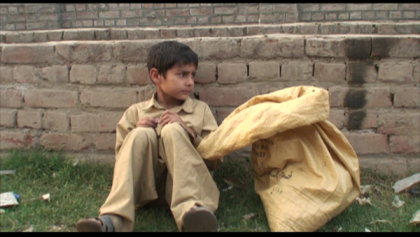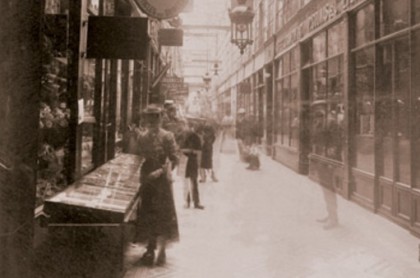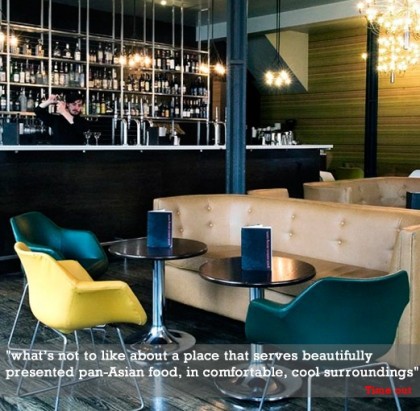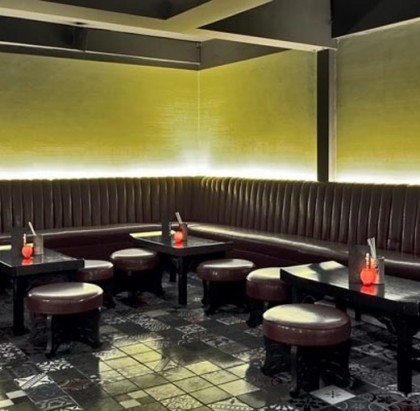LIDF16 Selection – Part 1
Overwhelming Majority | 11 | Joseph Irvin | USA
Overwhelming Majority is an experimental documentary short dealing with issues of loneliness, alienation, and social anxiety. A young woman recounts a suicide attempt, muses on the nature of connectedness, and ultimately yearns for understanding
Flâneurs – Street Rambles | 79 | Matthew Lancit | Canada-France
Between film projects and following the birth of his daughter, a Canadian in Paris must confront his slacker lifestyle and decide if there is something in it worth passing on to the next generation, or if he is better off getting a job. In search of the remaining traces of flâneurs (19th Century wanderers of Paris), he takes his daughter on a series of poetic strolls in which he crosses the path of people who help reveal the relevance of such a figure today.
Mum, Me and the House | 38 | Marjolijn Prins | Belgium
When Debbie (47) is diagnosed with cancer her son Sam (27) decides to postpone his plans to travel the world. He is convinced the incessant work renovating her dream house on the French countryside is the main cause of her illness. Together they undertake a journey to find the right course of treatment. Though this brings them closer together than they’d ever been, whenever they get back to the house, Debbie falls straight back into her old, industrious habits.
Transit Zone | 32 | Frederik Subei | UK
Set in the mysterious murky confines of the ‘jungle’ in Calais, Transit Zone follows Teefa, a young man who fled the regime in Sudan with big dreams of a new life in the UK.
Sit and Watch | 37 | Francisco Forbes / Matthew Barton | UK
Six everyday scenarios play out in modern London summoning ideas of representation, spectacle and human behaviour. Each character depicted unwittingly becomes observer or observed. Contrasting recording techniques muster doubt about the invisible line of fact and fiction. These opposing storylines and their intrinsic cast urge the question: what leads men to be constantly creating and consuming an image of themselves?
Persona. Primary Structures (Persona. Estructuras primarias) | 39 | Mikel Belascoain / Miguel Goñi Aguinaga | Spain
Directed by the spanish artist Mikel Belascoain and the photographer Miguel Goñi Aguinaga ‘Persona’ was filmed during the process of creation of the artwork work of the same name. Inspired by a dialogue between the artist and people who suffer severe neurological diseases. This film is part of the experimental project of the same name initiated by Manuel Murie, Neurologist and President of the Spanish Society of Neuro-rehab and the artist Mikel Belascoain.
Making Waves | 8 | Harri Grace | UK
Oumaima Erhali is a 17-year-old Moroccan woman determined to surf. She’s part of a generation that is pushing boundaries, in a country where many believe a surfboard is no place for a young Muslim woman. Oumaima won’t let stereotypes hold her back from the sport she loves, nor the life she wants to lead.
For a Few Chocolates More (Pour quelques barres de chocolat) | 63 | Vanessa Gauthier | France
For fifteen days during the summer holidays a group of young children retreat to a summer camp. What unites theme is that each child suffers from diabetes. Fifteen days to give an insight into their daily life, their fears, and to capture it in their own words. At the age when you have everything to learn.
A Love Worth Giving | 23 | James Newton | UK
A young newlywed couple build a life around the challenges of waiting for a new pair of lungs, but are torn apart when an organ donor can’t be found in time.
In Love as in Live (Canto alla Vita) | 60 | Turi Finocchiaro, Nathalie Rossetti, Nicolas Liguori | France-Belgium
Raymond and Raymond love each other. When one of them, already HIV positive for the past 27 years, gets cancer, their struggle becomes a joint one. Expressing their love to their friends, they try to shape a new life, full of the unknown. Their journey sweeps us along on an amazing sentimental odyssey.










